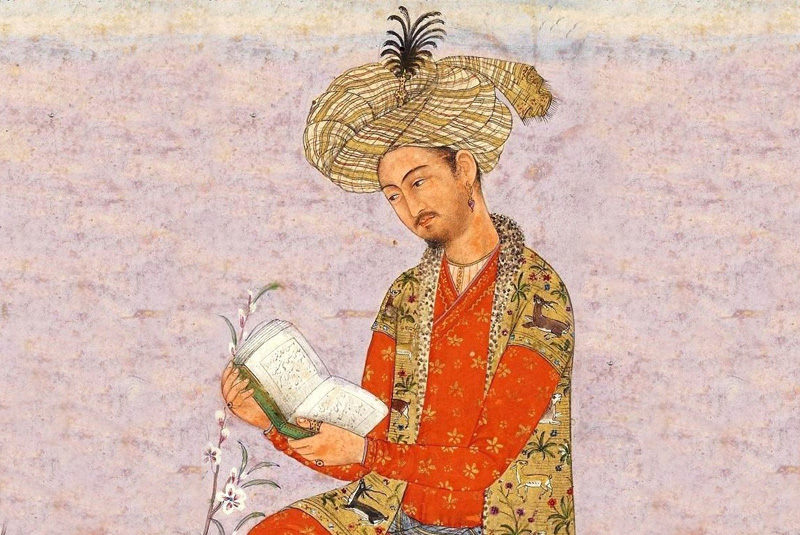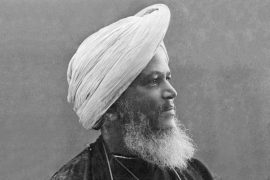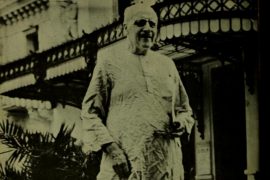Zahiruddin Muhammad Babur (1498-1530), the founder of the Mughal empire in India, had a penchant for chronicling events in his life. Nearly five hundred years ago, he documented everything around him – and wrote his story from his perspective.
Written in Chagatai Turkic, now an extinct language, his chronicle, called the Baburnama (Book of Babur), is an autobiographical account that presents vivid details of his life and offers fascinating insights into his personality.
The son of Sultan Umar Shaikh Mirza, the Amir of Fergana, and Qutlugh Nigar Khanum, Babur took on the reins of power at an early age. In the Baburnama, the story of his life starts with this event.
In the month of Ramadan of the year 899, and in the twelfth year of my age, I became ruler in the country of Ferghana.
Babur was always intent on conquering Hindustan. But for long, fate did not pamper his ambitions: “I had always been bent on subduing Hindustan. Sometimes, however, from the misconduct of my Amirs, sometimes from the opposition of my brothers, I was prevented.”
Copyright©Madras Courier, All Rights Reserved. You may share using our article tools. Please don't cut articles from madrascourier.com and redistribute by email, post to the web, mobile phone or social media.Please send in your feed back and comments to [email protected]











